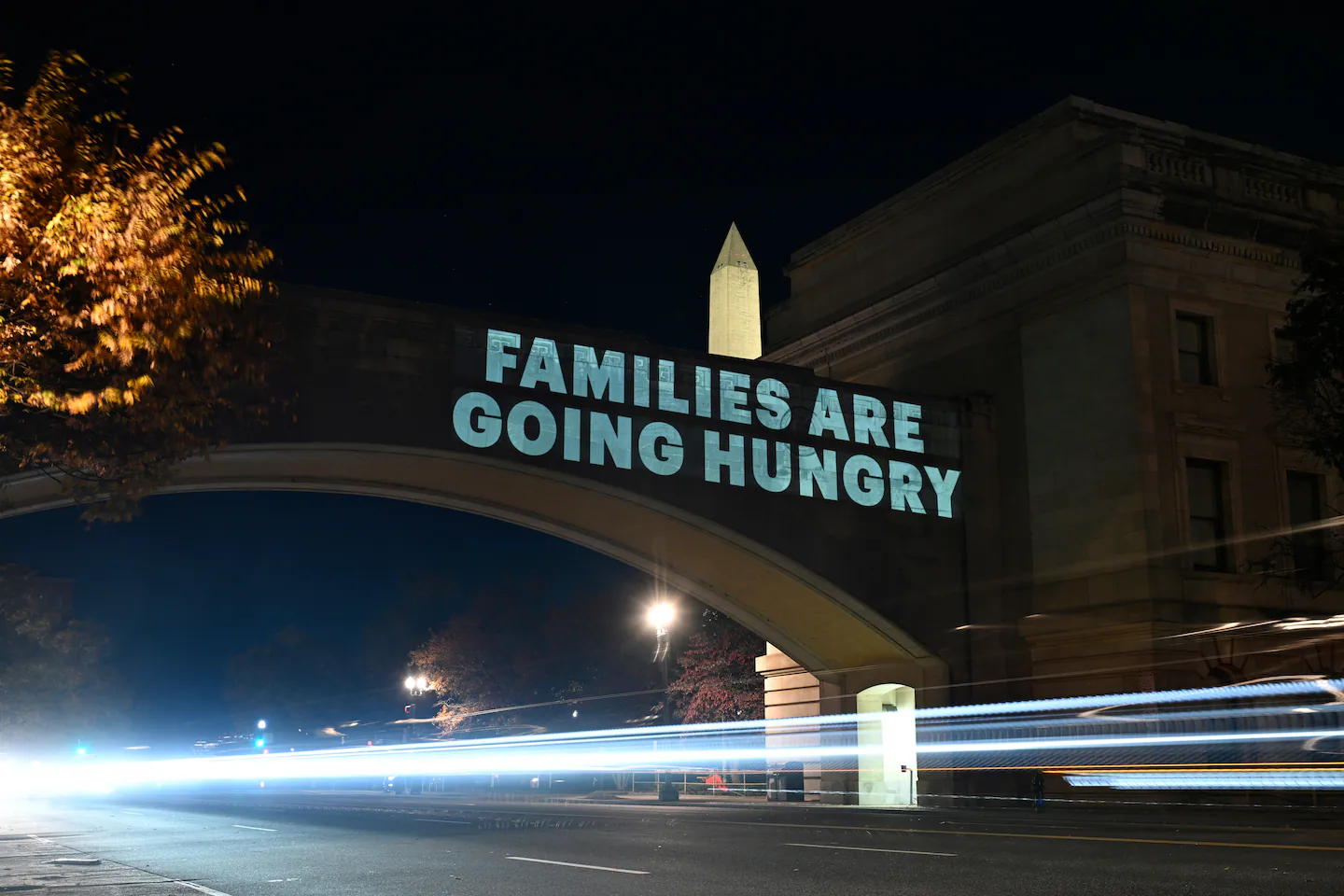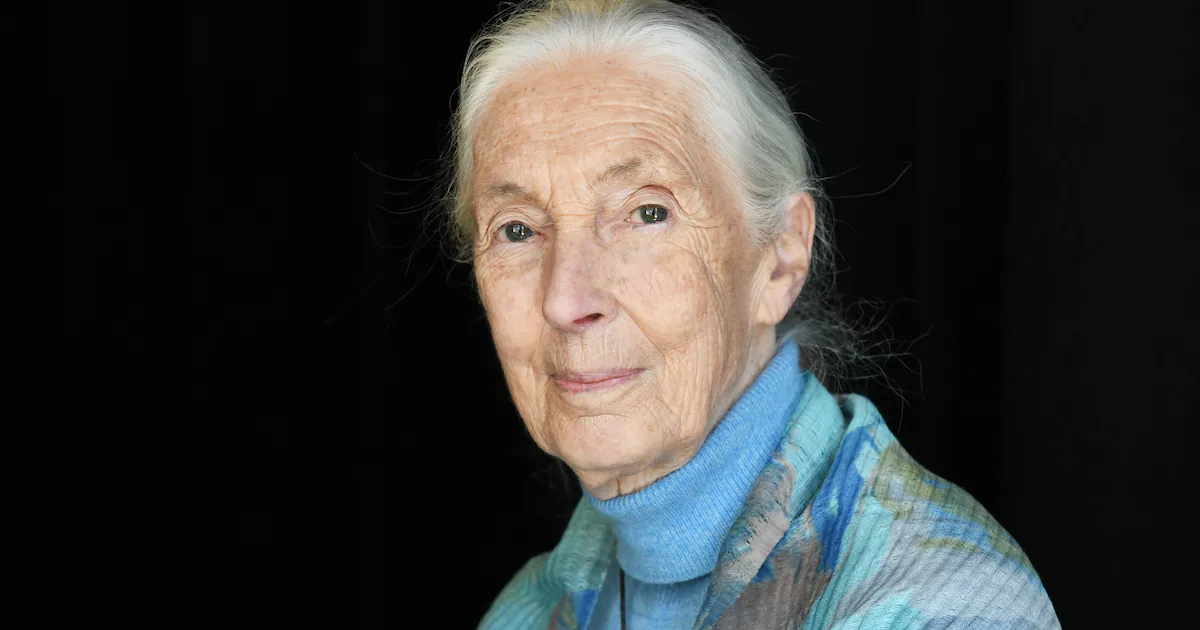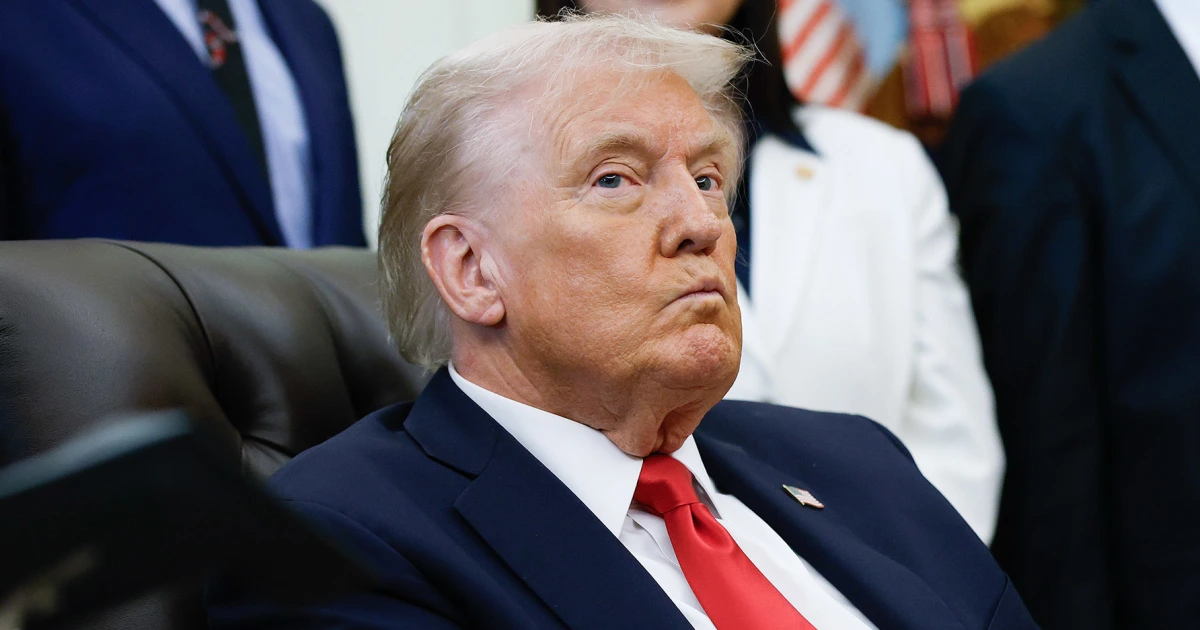Copyright The Boston Globe

It’s unclear how the Supreme Court intervention would affect a payment process that is already underway, although at minimum, the confusing situation for recipients who are fast running out of options for food is likely to only worsen. About one of every eight Americans rely on the federal program for food assistance, an $8 billion monthly expenditure the Trump administration sought to stop amid the government shutdown. The on-again, off-again situation stems from a series of ruling by the Rhode Island federal judge, the most recent coming on Thursday, that effectively ordered the USDA to find money from some of its other accounts to fund November SNAP payments. The administration has consistently argued that the government shutdown has left it without appropriations to finance the benefits, and that only congressional action can restore the money. After a federal appeals court in Boston refused to intervene, the Trump administration then took its case to the Supreme Court. “A single District Court in Rhode Island should not be able to seize center stage in the shutdown,” Attorney General Pam Bondi wrote in a post on X. Even as Healey and officials from other states said their administrations would begin processing food benefits, some advocates were wary the legal battle was over. “I’ll believe it when I see it,” said Liz O’Gilvie, who heads two anti-hunger organizations in Springfield. O’Gilvie said Friday that she was at a meeting of Healey’s anti-hunger task force when the Trump administration indicated that it would comply with the lower court order to fund benefits for November. A number of other states, including California, Rhode Island, Oregon, and Wisconsin, had also begun distributing full benefits for their residents despite the lingering legal jockeying. In New Hampshire, Laura Milliken of NH Hunger Solutions on Friday confirmed that “full benefits will go out tomorrow” but warned it may take up to 48 hours to appear on recipients EBT cards. Rhode Island Governor Dan McKee said Friday night his state, too, was “moving forward with the process” to release full federal SNAP benefits for November. “These funds should have been released by President Trump long before the court order,” said McKee, a Democrat. “If he had, Rhode Islanders would already have the crucial food assistance they rely on. In Massachusetts, more than 1 million people receive food stamps. And in her announcement earlier Friday, Healey said recipients had been used as pawns in Trump’s battle with congressional Democrats over the government shutdown. “President Trump should never have put the American people in this position,” Healey said in a statement Friday. “Families shouldn’t have had to go hungry because their President chose to put politics over their lives.” For people in the field such as O’Gilvie, who spoke before the Supreme Court intervention, there are still more questions than answers. “We all have our fingers crossed,” she said, noting it was unclear whether payments will be on time for the rest of the month. “For the people who normally get them next week, will they get them on time? And the court order was only for November payments. What about December?” Trisha Flynn, a 45-year-old mother of two boys who lives in Lowell, relies on meals at her local church after her SNAP benefits run out each month. She said she still expected to rely on church meals for a few weeks even with full benefits, saying it takes $300 to fill her fridge. “I have an 11-year-old and a 17-year-old, and in a week and a half it’s gone,” Flynn said. “And then I’ll be back to where I was before this started.” She, too, said she was skeptical the benefits would be released. Trump ”keeps saying that he’ll do this, and then something changes,” Flynn said. “It’s like cat and mouse.” The Trump administration had previously agreed to dip into a contingency fund to provide $4 billion for partial SNAP payments in November. But US Department of Justice lawyers argued that Thursday’s ruling that it use other sources “makes a mockery of the separation of powers.” They also contended the Trump administration was on solid legal ground in declining to “raid school-lunch money to instead fund SNAP benefits — to starve Peter to feed Paul, as it were." With uncertainty around SNAP benefits, state and local officials have been urging people to support food banks as they and other states have sought ways to fill some of the gap. Healey last week said the state would double its support for food banks and pantries by advancing $4 million in funds. The city of Boston and The Boston Foundation nonprofit have raised or committed nearly $1.8 million more. Massachusetts state officials, however, have long contended that they can’t begin to plug the more than $200 million in monthly SNAP funding upon which residents rely with state funding. Zach Goldhammer of the Cambridge Community Center, which runs a food pantry, says the restoration of baseline benefits should not lead people to believe that food insecurity is suddenly solved. “It’s great that these services are being restored, it’s obviously needed,” Goldhammer said Friday before the Supreme Court appeal. “But there’s still a lot more that’s needed. SNAP is already not covering people’s grocery expenses.” He noted the pantry had received more donations as SNAP payments ran out, but appealed for people to keep giving. “This,” he said, “is a crisis that people are going through every single day.” Material from the Associated Press was in this report. Steven Porter and Amanda Gokee of the Globe staff contributed to this report.



